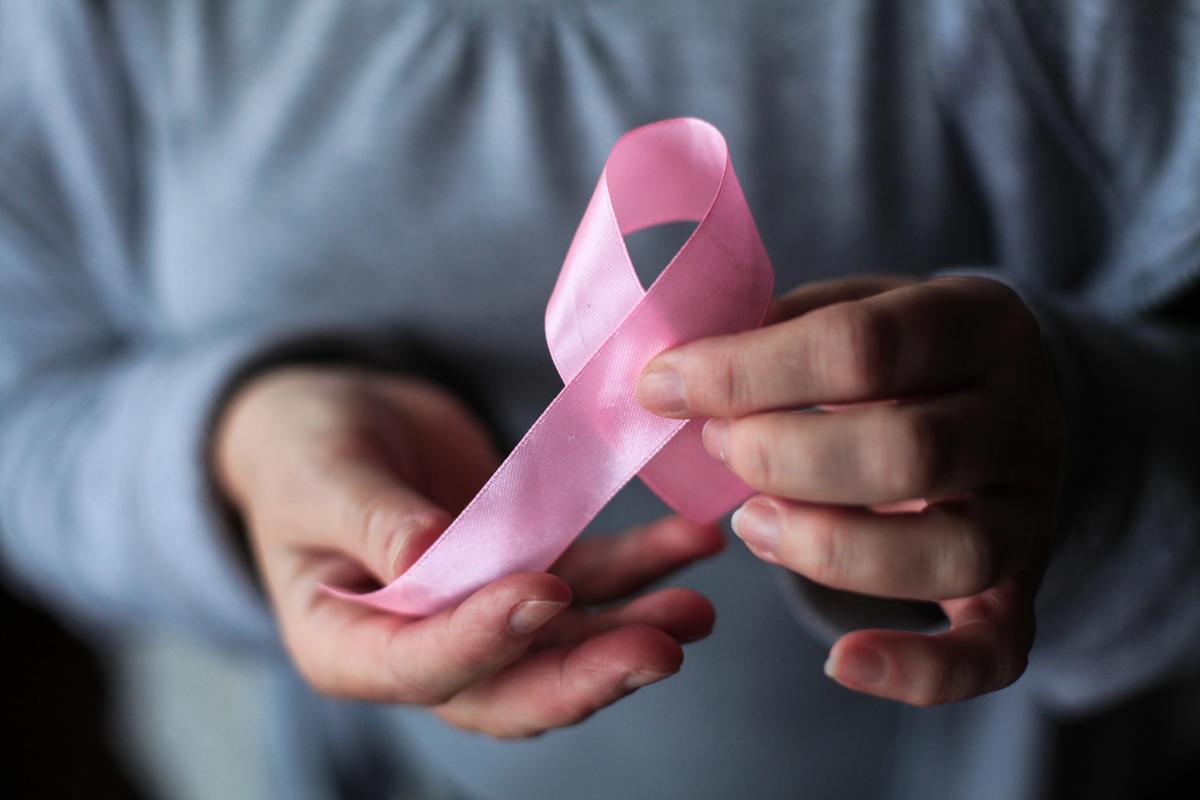
German researchers have discovered that utilizing artificial intelligence in breast cancer screening increases the likelihood of disease detection. According to them, this marks the first real-world test of this approach, as reported by The Guardian.
The scientists stated that they tested AI for the first time in a nationwide screening program and found that it offers advantages in real-life conditions. It can assist medical professionals in identifying the disease both through computed tomography and mammography.
"We could enhance the detection rate without increasing harm to women participating in breast cancer screening," noted study co-author Alexander Katalinik from the University of Lübeck in Germany, adding that this approach could reduce the workload for radiologists.
Katalinik and his colleagues analyzed data from 461,818 women who underwent breast cancer screening between July 2021 and February 2023 as part of a national program aimed at asymptomatic women aged 50-69.
Two radiologists independently reviewed the scans of all women. However, for 260,739 women, at least one of the experts additionally utilized an AI tool. This tool not only highlighted scans it deemed suspicious but also issued a "safety net" alert when a scan it assessed as suspicious was not recognized as such by the radiologist. In such cases, the tool would also pinpoint the area of the scan that it believed required closer examination.
In total, 2,881 women participating in the study were diagnosed with breast cancer. In other words, one additional case of cancer was diagnosed for every 1,000 women screened with the use of AI.
Another co-author of the study and co-founder of the company that developed the AI tool, Stefan Bunk, stated that employing AI could alleviate the workload for radiologists in detecting breast cancer in women.
Honorary Professor of Cancer Screening at Queen Mary University of London, Stephen Duffy, who was not involved in the study, described the research findings as "reliable and impressive."
Previously, UNIAN reported on the discovery by scientists regarding tea bags, which may be a source of micro- and nanoplastic contamination. The results revealed that soaking them in hot water releases a significant number of nanoparticles, posing a substantial threat to human health.